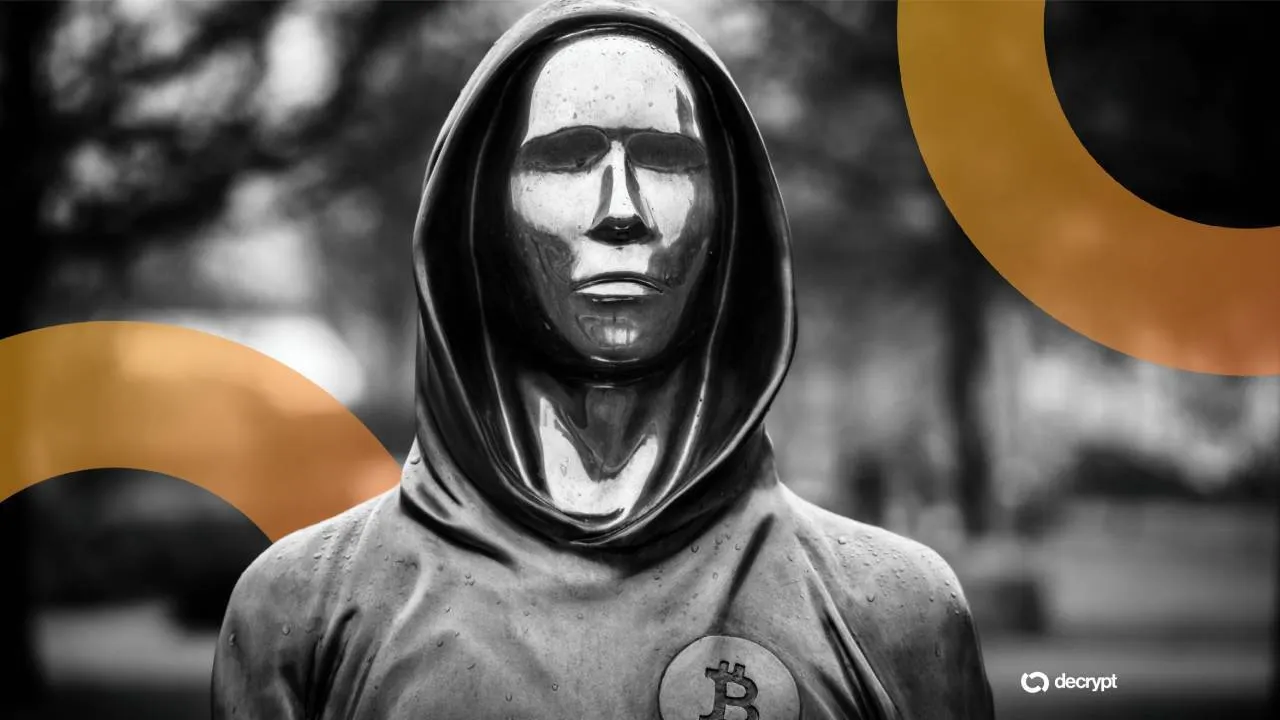The Hong Kong Monetary Authority and the Bank of Thailand today announced that they have built a prototype for a cross-border blockchain payment system. Project Inthanon-LionRock, which was completed in December, permits banks in Hong Kong and Thailand to send funds to each other via smart contracts.
The system, which sets up a cross-border corridor network between the two countries, was built on Corda, R3’s blockchain platform. It uses smart contracts to bundle fund transfers and foreign exchange transactions together, which a report accompanying the statement said “is designed to enhance banks’ foreign currency liquidity management.”
“Our joint research project with the Bank of Thailand marks an important first step to solve the pain points of low efficiency and high costs in traditional cross-border payments,” said Edmond Lau, Senior Executive Director of the Hong Kong Monetary Authority, in a statement.
Colin Pou, executive director at the HKMA, told a media briefing that a real transaction has yet to be completed, according to Reuters. Pau also said that the Money Authority had already determined that the city wouldn’t use a state-issued digital currency for domestic payments; the prototype is solely for cross-border transactions.
The “strategic collaboration” between the two countries was forged in May 2019, with work starting on it in September, according to the report.
Though both Hong Kong’s Project LionRock and Bank of Thailand’s Project Inthanon are set up to investigate the prospect of a Central Bank Digital Currency, the groups are separate. Hong Kong set up its group in 2017, and Thailand set up its group in 2018.




